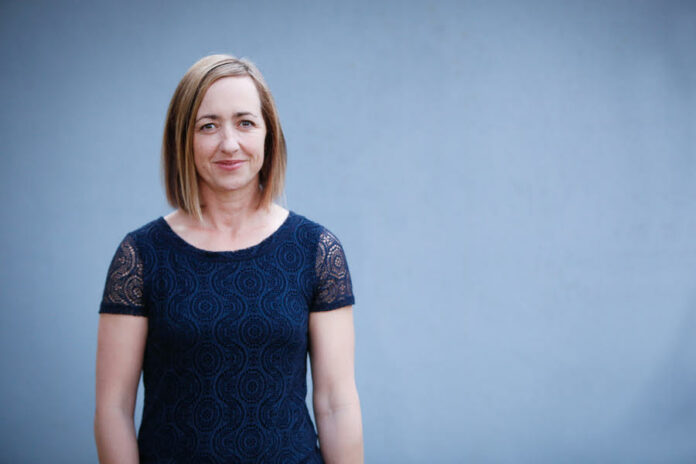Faculty member of UC Davis Medical School recently featured on CNN
Amy Barnhorst, a psychiatrist at the UC Davis Medical School, appeared on CNN in late 2018 to discuss the relationship between gun violence and mental health. Barnhorst has dedicated much of her career to speaking out on the issue of gun violence, utilizing her extensive knowledge about psychiatry and mental health. Her efforts have not gone unnoticed.
It was Barnhorst’s commitment to her work and to understanding mental health which caused her to stand out. Barnhorst works in a crisis unit in the in-patient hospital where a main focus of her work is violence risk assessment. Therefore, she frequently deals with patients who have the potential to be a danger to themselves or others; the risk factor for these individuals is significantly heightened by the increased ability to access a gun, according to Barnhorst. Her fascination with the relationship between gun violence and mental health began in 2013 when the Sandy Hook Elementary School shooting occurred. The media and the general population were quick to point fingers at the failure of the mental health system, arguing that they could have intervened before this tragedy occurred. These accusations frustrated Barnhorst.
“It is so difficult for the mental health system to reach out and find these people, we have a hard enough time treating the people we already have,” Barnhorst said. “Our focus is on treating people who are mentally ill, not going out and rounding up potential mass shooters.”
Barnhorst’s frustrations prompted her to begin writing op-eds on this topic, expressing her point of view as a psychiatrist. She believed the conversation about gun violence and mental health was missing one very significant perspective, that of a mental health professional. Her first significant op-ed Barnhorst was published in the New York Times, which received a lot of attention. That, in addition to several radio show appearances, caused CNN to take notice of her work.
“CNN reached out to me and asked if I would be able to fly out to New York to film a segment discussing this issue,” Barnhorst said. “I was really nervous but I trusted that if CNN chose me to interview, I had the knowledge and perspective they were looking for.”
In the interview, Barnhorst argued that mass shootings and gun violence aren’t necessarily the result of untreated mental health issues or failures by the mental health system. Barnhorst believes that by making these accusations, legislators are largely overlooking the root of these issues: guns.
“Putting all that culpability on the mental health system to stop mass shootings is not going to be an effective strategy,” Barnhorst said. “We need to take a hard look at how much access people have to guns in this country.”
Not only does placing blame on mental health push issues of gun control to the wayside, but it also has a detrimental impact on individuals suffering from legitimate psychological health issues. According to Barnhorst, when the media groups perpetrators of gun violence with survivors of mental health issues it further stigmatizes mental health issues, therefore alienating these individuals.
“If you know an individual suffering from schizophrenia, bipolar disorder, depression etc., that does not mean they are more likely to shoot up a school,” Barnhorst said.
Barnhorst argues that perpetrators of gun violence often exhibit trends of narcissism and rage, potentially resulting from having been bullied, abused or neglected; depression is also not an uncommon side-effect of this kind of history. This is where the misconceived correlation between perpetrators of gun violence and mental health issues stems from.
According to Barnhorst, when there is a mass shooting incident, the majority of individuals are quick to assume that the shooter suffered from some kind of psychiatric disorder. Surveys have shown that following these incidences, people state they do not want to live next to, work with or go to school with mentally ill individuals.
“Work, housing and school are things that really help people with mental illness get better,” Barnhorst said. “So if the stigma that the media is putting out there about mental illness is preventing people who suffer from it from getting the very things they need, it is only making that problem worse without making the issue of mass shootings any better.”
Barnhorst feels that students have the power to combat the stigma surrounding mental health by being informed and making powerful impacts on legislation. By focusing on the root of the issue rather than on the misconception that our current political climate has created, Barnhorst believes students have the power to prevent gun violence and mass shootings from being a reality of society.
Written By: Miki Wayne — features@theaggie.org




